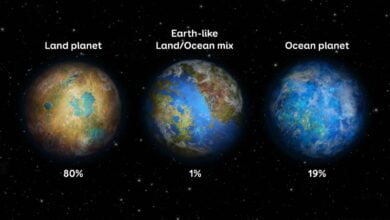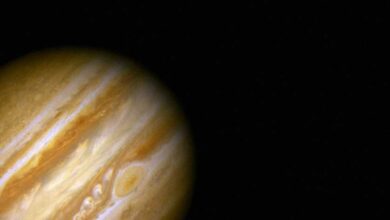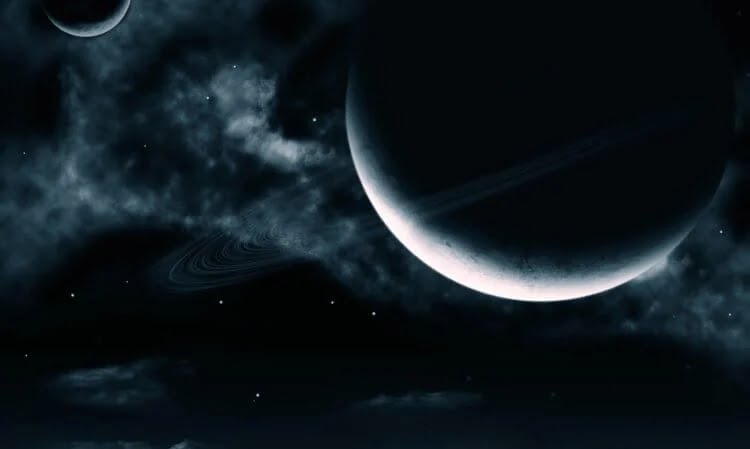
Life can exist on planets that are not similar to Earth
(ORDO NEWS) — What is needed for life to exist on the planet? Using the example of the Earth, we can say that for the emergence of living organisms, the presence of a star like the Sun, a large amount of water and oxygen is necessary.
Recently, scientists from the Universities of Bern and Zurich conducted scientific work and found strong evidence that conditions favorable for life can also arise on planets that are not similar to Earth.
That is, somewhere in the depths of the galaxy there may be a dark planet, which is completely different from ours, but is home to something alive. If the researchers’ assumption is correct, the chances of finding aliens are greatly increased.
What planets can life exist on?
First of all, for the emergence of life on the planet, water is necessary. Scientists think so because life on Earth originated in vast oceans. At first they were tiny creatures that could only be seen through a microscope.
But then, in the course of evolution, animals began to get bigger. As a result, intelligent people and a huge number of varieties of animals appeared - scientists are still discovering new species.
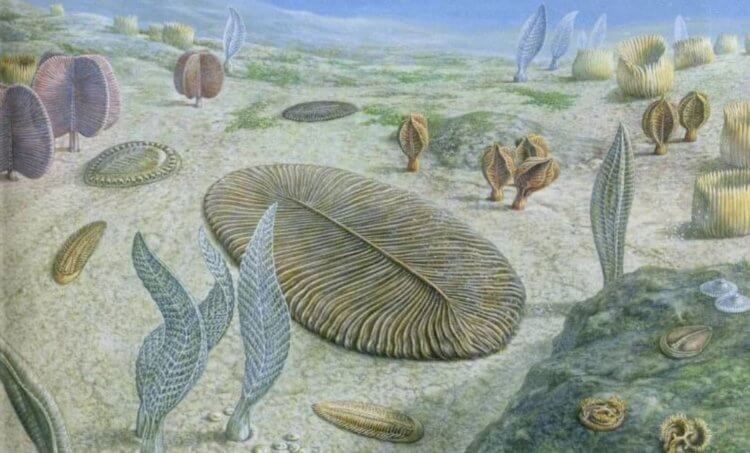
According to astronomers, water on the planet can only exist if there is a hot star like the Sun next to it. At the same time, it is important that it is close enough to warm the surface of the planet, but not too far away - otherwise the water will simply freeze.
Because of this belief, astronomers first of all pay attention to distant planets, near which there are large stars. After all, they, with a huge degree of probability, can be habitable objects.

Optimal conditions for the origin of life
The authors of a new scientific work, the results of which were published in the journal Nature Astronomy, believe that the presence of the Sun and liquid water is not a prerequisite for the origin of life.
On planet Earth, water is stored in liquid form due to the presence of an atmosphere. Thanks to it, a natural greenhouse effect is created, which keeps the air temperature on Earth at an optimal level for the existence of water and living organisms.

But our planet has not always been the way it is now. When the Earth formed from cosmic gas and dust, its atmosphere was mostly hydrogen and helium. In this state, it could not provide the conditions necessary for the emergence of life, but over time it changed and acquired the necessary properties.
According to scientists, many other planets may also have a primary atmosphere, and if it is large enough, it can also cause a greenhouse effect. That is, young planets can exist in space, in which conditions are worse than on Earth, but still good enough for the origin of life.
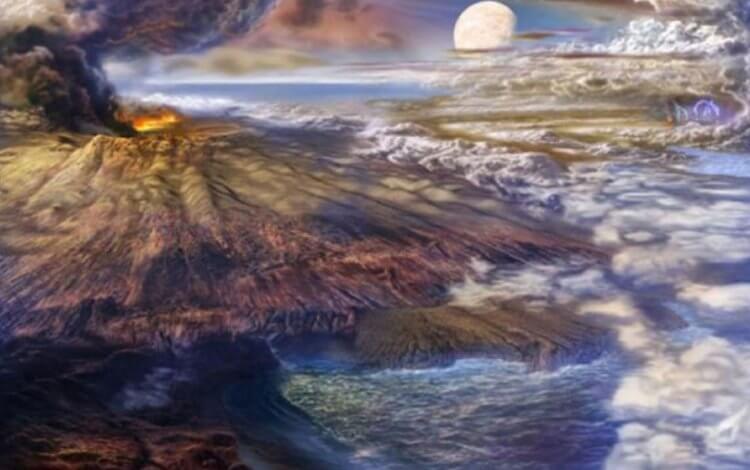
In the course of scientific work, scientists have created models of many scenarios for the birth of planets and their development over many billions of years. Modeling showed that if there is a large star near the planet, its intense radiation quickly destroys the primary atmosphere.
But this does not always happen, and the “surviving” atmospheres may well create the conditions for the formation of liquid water and storage for millions and even billions of years. And where there is water, there can be life.

Moreover, if there is enough heat from inside the planet to maintain water in a liquid state, life can exist even in the absence of an analogue of the Sun.
If the conclusions of the authors of the scientific work are correct, the horizon of the search for alien life has greatly expanded among scientists. It turns out that from now on, life can be searched not only near stars, but also on the so-called free-floating planets that do not revolve around any massive star.

With all this, the authors of the study warn that it is too early to rejoice. The fact is that the presence of liquid water is not a guarantee of the existence of life.
Most likely, if you turn to astrobiologists, they will say about the need for sunlight, oxygen and other vital factors. So, despite the curiosity, the results of the study should be taken with a grain of salt.
—
Online:
Contact us: [email protected]
Our Standards, Terms of Use: Standard Terms And Conditions.


